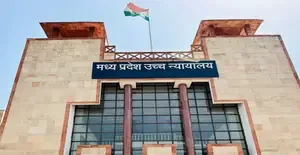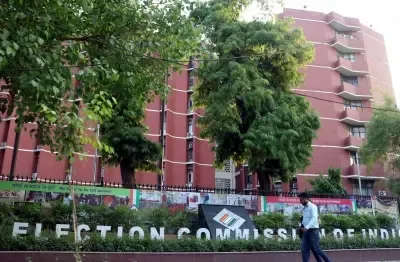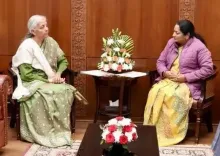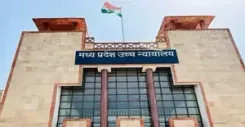Should the J&K High Court Protect a Deported Pakistani Woman?
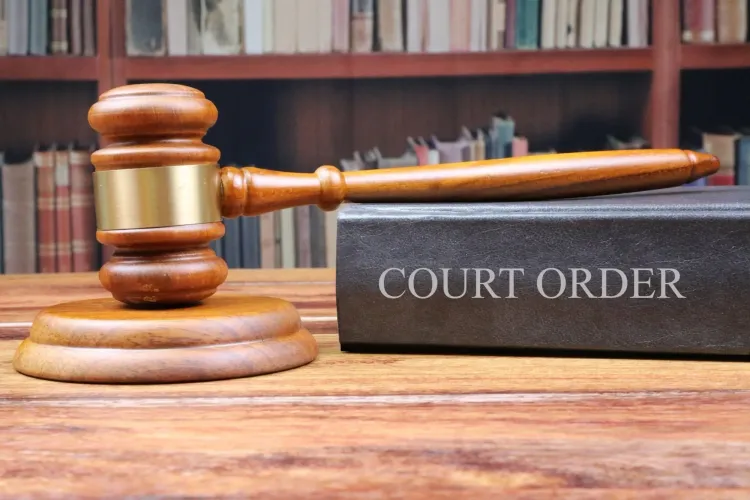
Synopsis
Key Takeaways
- J&K High Court ruling emphasizes human rights.
- Long Term Visa holders may have protections against deportation.
- Due process is essential in immigration cases.
- Judicial intervention can address humanitarian crises.
- Future of women under rehabilitation policies is uncertain.
Srinagar, June 24 (NationPress) In a ruling with potentially significant implications, the Jammu and Kashmir High Court determined that a Pakistani woman who resided in J&K for several years under a Long Term Visa should not have faced deportation following India's response to the terror attack in Pahalgam and 'Operation Sindoor'.
Following the Pahalgam terror incident in April, the Union government opted to halt visa services for Pakistani citizens and mandated their exit from India. After the deadline of April 27, numerous Pakistani nationals were expelled.
Among them were several Pakistani women who had been living with their husbands in Kashmir for an extended period.
Justice Rahul Bharti issued this directive on Monday while reviewing a writ petition (WP(C) No. 1072/2025) submitted by Rashida’s spouse, Sheikh Zahoor Ahmed.
Her husband contested the deportation, asserting that Rashida had resided in J&K for years with a Long-Term Visa, which should have safeguarded her from expulsion.
The court expressed grave concerns regarding Rashida’s health and humanitarian conditions, highlighting her lack of family or support in Pakistan.
Justice Bharti underscored that “human rights are the most sacrosanct component of a human life” and remarked that constitutional courts may need to act with “SOS-like indulgence” under exceptional conditions.
Without adequate legal examination or a formal deportation order, Rashida was expelled amidst what critics labeled a mass repatriation effort that overlooked individual legal circumstances, the High Court noted.
The court observed that Rashida’s Long-Term Visa could render her ineligible for deportation and criticized the authorities for bypassing due process.
“She has no one in Pakistan for her care and custody,” her husband informed the court, stating that she was severely ill and left alone in a country where she had never lived autonomously.
The court has instructed the Ministry of Home Affairs to ensure her return from Pakistan within ten days and facilitate her reunion with her husband in Jammu.
A compliance report is expected to be submitted by July 1.
Advocate Himani Khajuria represented the petitioner, while Deputy Solicitor General Vishal Sharma represented the Union of India.
This represents a significant judicial intervention and raises critical concerns regarding the treatment of women who arrived in J&K under previous cross-border rehabilitation frameworks.
The future of many such women, who came as spouses of former militants returning from Pakistan under the J&K government’s rehabilitation initiative, remains uncertain as they lack citizenship or travel rights despite having lived in the area for over a decade.



